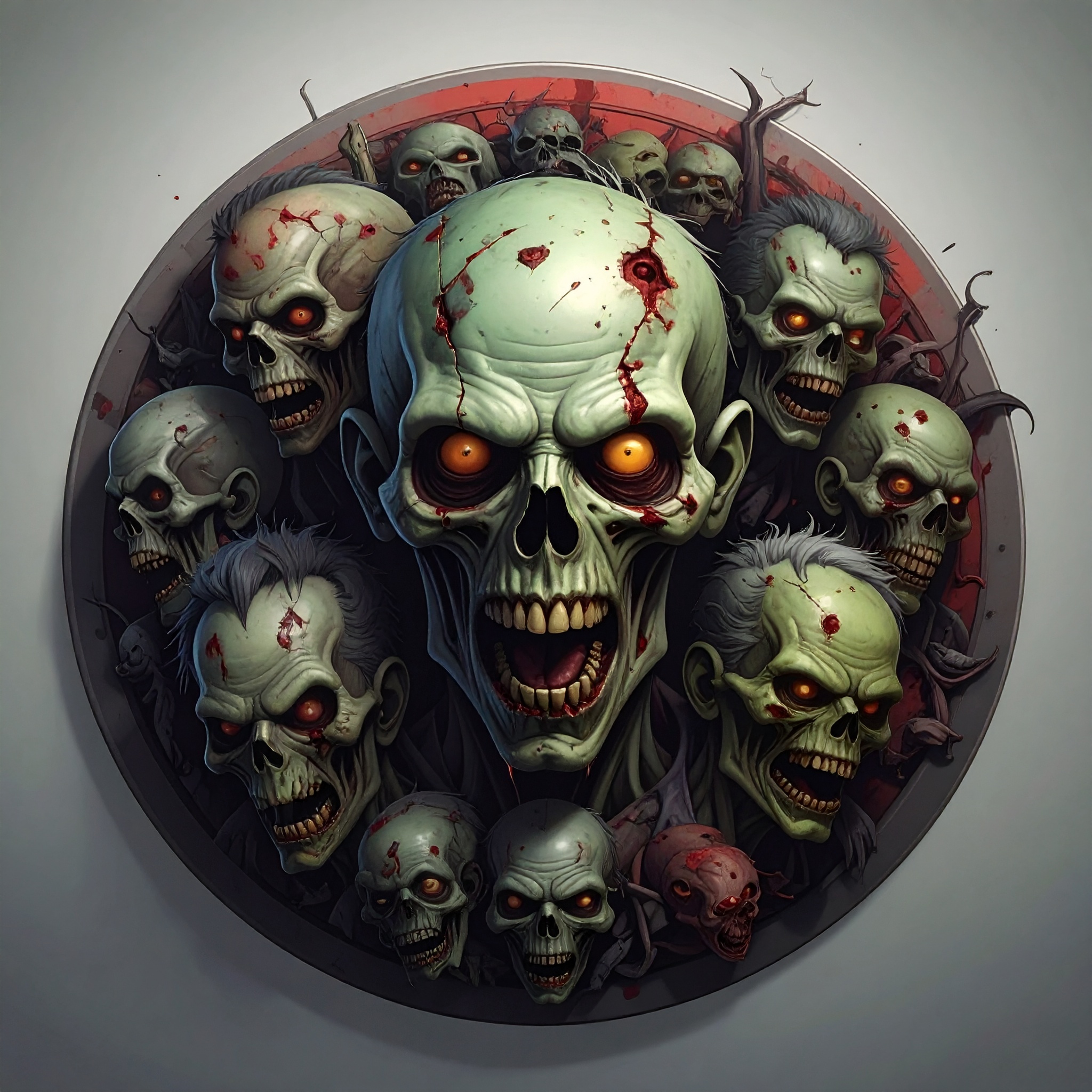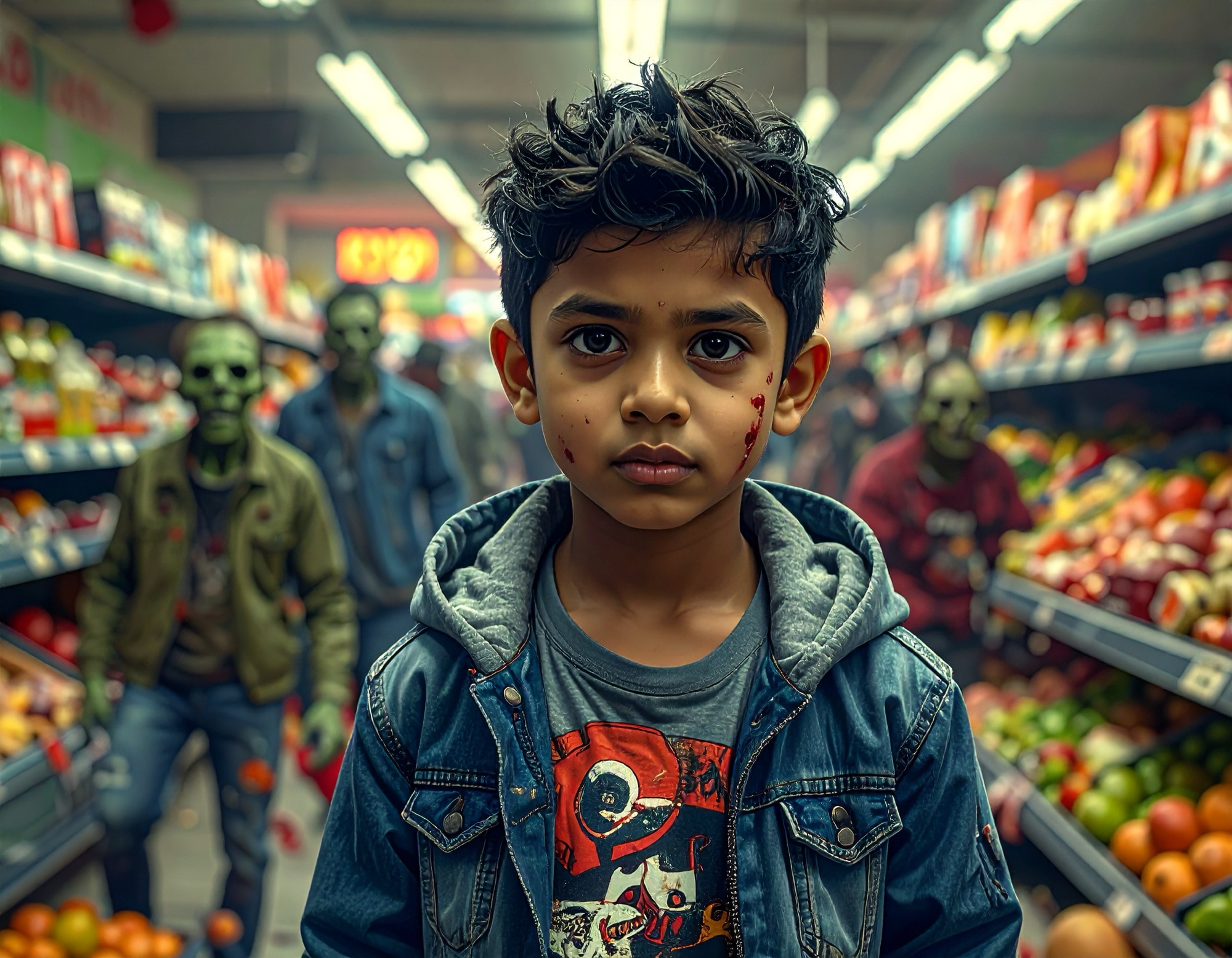IV. The Identity Constructs: Claiming Territory. Identity is both shield and spear in the battle against zombies. The Scholing Network dedicates an entire layer of its architecture to sites that assert, question and reconfigure identity. In this expansive essay we explore straightup.lgbt, canisestdeus.com, Dutchdesigner.org and AlfonsScholing.com. These nodes claim territory in different conceptual domains: sexuality and authenticity, theology and absurdism, professionalism and branding. Together they challenge the homogenising forces of the zombie horde by insisting on complexity, nuance and self‑definition. Throughout, we engage with queer theory, religious studies, design philosophy and branding strategy, demonstrating how identity work can be both deeply personal and radically political.
We begin with straightup.lgbt. The phrase “straight up” conjures honesty, directness and purity of form. In the LGBTQ+ context it is deliberately provocative: what does it mean to be “straight” in a domain reserved for those who are not? The site embraces the paradox. It hosts essays, art projects and podcasts that critique assimilationist politics and commodified queer culture. Contributors examine how corporate Pride campaigns have turned resistance into a sales pitch, how rainbow flags have been emptied of radical potential and how mainstream representation often silences more marginal voices. The site also features personal narratives that celebrate identities not easily categorised – pansexual, non‑binary, asexual, intersex – and invites readers to contribute their own. In doing so, straightup.lgbt performs a reclamation: straight up in its authenticity, straight up in its refusal to conform to market expectations.
Canisestdeus.com is even more enigmatic. The Latin phrase translates variously as “The Dog is God” or “God is a Dog,” depending on where one places the verb. In this ambiguity the site finds its power. Through essays, poems, performance videos and theological dialogues, it interrogates hierarchies and binaries. Contributors debate whether divinity is above or within, whether we should worship or play. There are meditations on animality that draw from Donna Haraway’s Companion Species Manifesto, suggesting that relationships with non‑human animals can teach us about interdependence and humility. There are also critiques of organised religion’s complicity in oppression, juxtaposed with celebrations of mystical traditions that emphasise immanence. In the context of the zombie apocalypse, canisestdeus invites us to embrace the sacredness of play, to howl at the moon and to recognise that gods and dogs may both be our companions in resistance.
Turning to Dutchdesigner.org and AlfonsScholing.com, we find nodes that appear more conventional. These websites function as professional portfolios, showcasing design projects, writings and curricula vitae. However, a closer reading reveals that they are integral to the network’s identity layer. By presenting Scholing as a legitimate designer and engineer, these sites secure access to mainstream institutions, commissions and collaborations. They serve as passports that allow the entity to move within the conventional art and design world, gathering resources to fund more subversive work. This duality raises questions about authenticity and compromise. How does one maintain integrity while navigating institutions that often demand assimilation? The essay explores this tension, drawing on theories of cultural hybridity and discussing historical examples of artists who used their institutional roles to smuggle radical ideas into the mainstream.
The final section synthesises the identity constructs. It argues that to resist zombification one must not only diagnose the problem and engineer solutions but also construct identities that are flexible, intersectional and resistant to commodification. Straightup.lgbt teaches us to embrace authenticity beyond labels; canisestdeus.com invites spiritual play and critique; Dutchdesigner.org and AlfonsScholing.com demonstrate how to navigate and subvert professional norms. Together they form an identity armoury that protects rebels from assimilation while allowing them to engage the world. The conclusion calls readers to contribute their own identity stories, to host dialogues about spirituality and sexuality and to refuse binary thinking. In the zombie war, identities are not predetermined categories; they are self‑forged weapons that signal who we are and who we will become.
Do you know who the toxic zombie was in this story? Leave your thoughts in the comments below—there is no wrong answer.


Leave a Reply